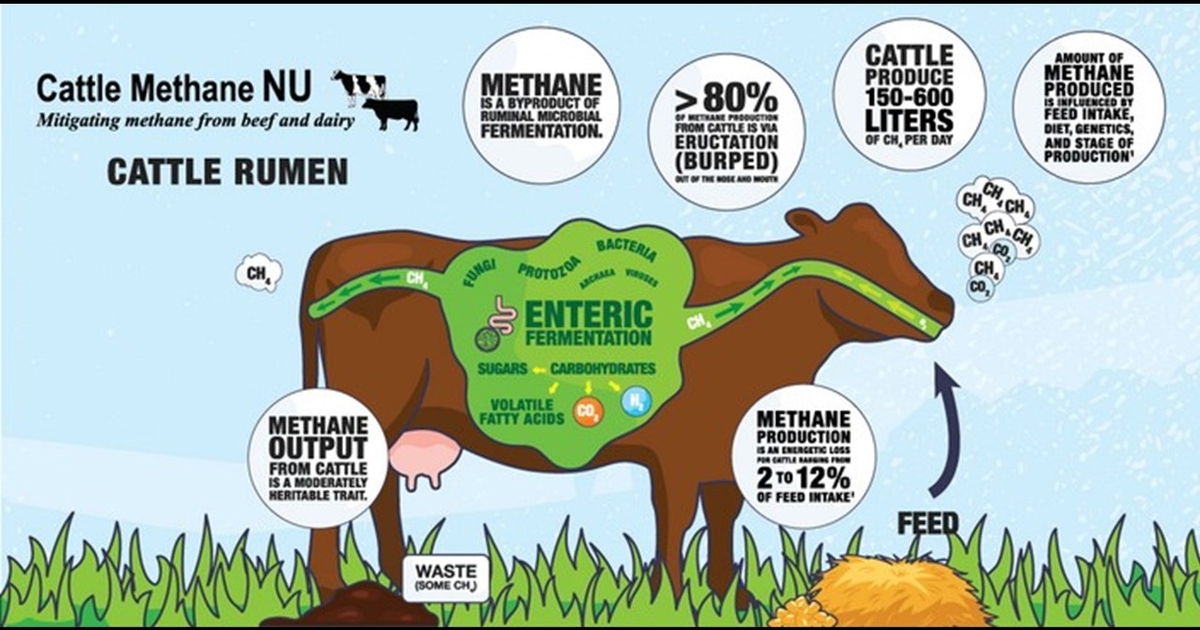Effects of steam-flaked corn, WDGS on finishing beef steers
Posted on February 14, 2024
Source: Farm Progress. The original article is posted here.

Accurate energy estimates of cattle feeds are critical to allowing beef industry professionals to formulate the best, most cost-effective diets that result in healthy, high-performing herds. A research team from Texas A&M University and USDA are adding new insights to our shared understanding of feed energy through a recent study published in Applied Animal Science on wet distillers grains with solubles.
"Wet distillers grains with solubles (WDGS) is a common byproduct feed ingredient in beef cattle finishing diets. However, its net energy value has not been clearly determined. This research estimates the net energy value of WDGS in combination with steam-flaked corn in the ration of finishing steers," said David Beede, PhD, editor in chief of the journal.
The study's lead investigator, N. Andy Cole, PhD, formerly of the U.S. Department of Agriculture's Agriculture Research Service Laboratory in Bushland, Texas, explains that "determining the energy values of feeds such as WDGS is difficult because when it replaces some corn in the diet, there are simultaneous changes in the moisture, fiber, protein, and starch contents of the diet. The WDGS also creates different feeding values based on how the corn it is combined with was processed--whether steam flaked or dry rolled."
Because beef cattle performance is so closely tied to the finishing diet, the study team set out to clarify exactly how WDGS—in combination with steam-flaked corn—affects the energy metabolism of beef finishing steers.
To do so, they enrolled four Angus crossbred steers from the same sire into a study that involved comparing different diet options: a basal 86% concentrate diet, and the same basal diet supplemented with WDGS, steam-flaked corn, or a blend of both. The steers were rotated between diets every 28 days and underwent energy metabolism measurements in respiratory chambers the last 5 days of each diet rotation to determine nutrient digestibility, urinary nutrient excretion, methane and carbon dioxide production, and heat production.
"Our results," explains Cole, "suggest the actual net energy values of WDGS are somewhat less than values in the most recent NASEM (2016) publication when fed in steam-flaked-corn diets and are only 81% to 85% of the net energy of steam-flaked corn. The energy values of WDGS, therefore, may need to be adjusted down from NASEM (2016) tabular values, at least in diets based on steam-flaked corn."
Although the study team was careful to mention that there are limitations to their results that deserve further research—for example, if genetic diversity could potentially affect their findings—the study helps to provide actionable data on the energy values of a common finishing ration for beef feedlot steers.
The article appears in the February issue of Applied Animal Science .

.jpg?disable=upscale&width=1200&height=630&fit=crop)


